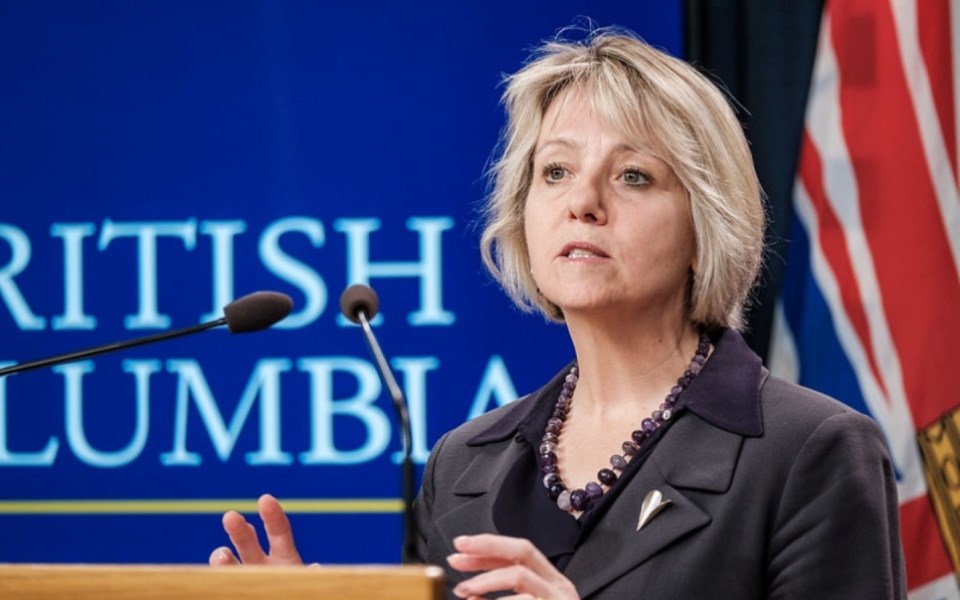There are now 231 cases of COVID-19 in B.C., after provincial health officer Dr. Bonnie Henry confirmed 45 new tests Wednesday.
Thirteen people are now in hospital, seven of whom are in intenstive care, said Henry. There are no new deaths.
Five people have recovered.
One of the new cases is a resident of Haro Park Centre, a care home in Vancouver, said Henry.
Breaking down the case numbers, Health Minister Adrian Dix said there are now 144 cases in the Vancouver Coastal Health region, 58 in Fraser Health, 16 in Island Health, nine in the Interior Health region and four in Northern Health.
Over 17,000 people have been tested for COVID-19 so far in B.C., said Dix.
'These are extraordinary times'
On Tuesday, Henry declared a public health emergency in B.C. Following that announcement, on Wednesday Minister of Public Safety Mike Farnworth declared a provincial state of emergency to ensure local, provincial and federal resources are delivered in a coordinated, "all hands on deck" manner.
"These are extraordinary times and we took a number of extraordinary measures in the last few days to try to do everything that we can to stop the transmission of the virus in our communities," said Henry.
The next seven to 10 days, she said, is a "critical time" to flatten the curve of the coronavirus.
The measures implemented over the last few days – such as self-isolation periods for travellers, limiting gatherings to less than 50 people and ordering bars and nightclubs to close – are temporary, but "extremely important" when it comes to combating COVID-19, said Henry.
Schools across the province have also been closed for the foreseeable future.
Dix also called the measures taken over the past few days "breathtaking."
"We wouldn't have imagined taking them a month ago or two months ago," he said.
Restaurants and cafes, as well as other businesses, are allowed to remain open as long as customers and staff maintain one or two metres of physical distance between people.
"If you're in a grocery store that's a very large one, that may mean that you can accommodate several hundred people without them having to come in close contact with each other," said Henry. "If it's a very small business, it may have to be one at a time, or very few people."
Most industrial sites should not have a problem meeting social distancing requirements, she said, while transit is considered an essential service and is used by many health care and social service workers.
These measures will help us in the next couple of weeks, she said.
"It's incredibly important that people start paying attention and use these measures, now, to mitigate what is happening in our communities," said Henry.
Most of what the province is asking people to do are voluntary measures, she said, with legal orders a "measure of last resort."
"There's a difference between self-isolation and isolating yourself from the responsible actions we all need to take together," Dix added. "To anyone who has been reluctant to join in these very explicit measures, it's not too late to join the fight."
Live press conference ongoing. More to come.




